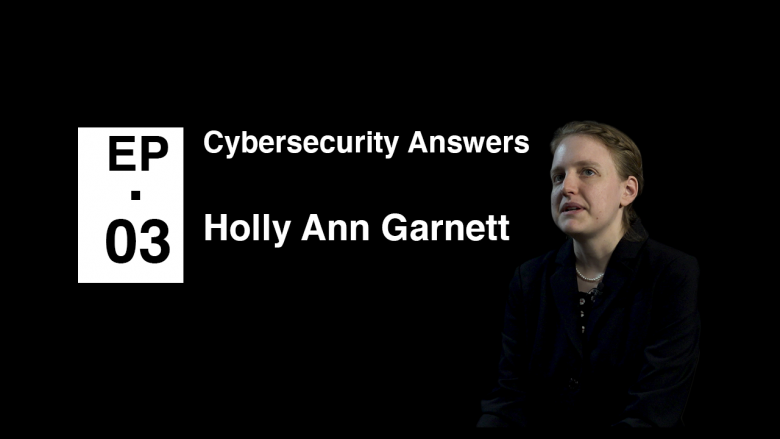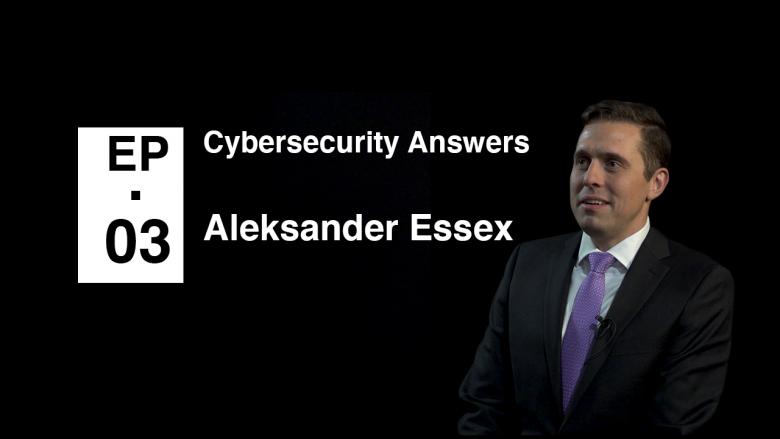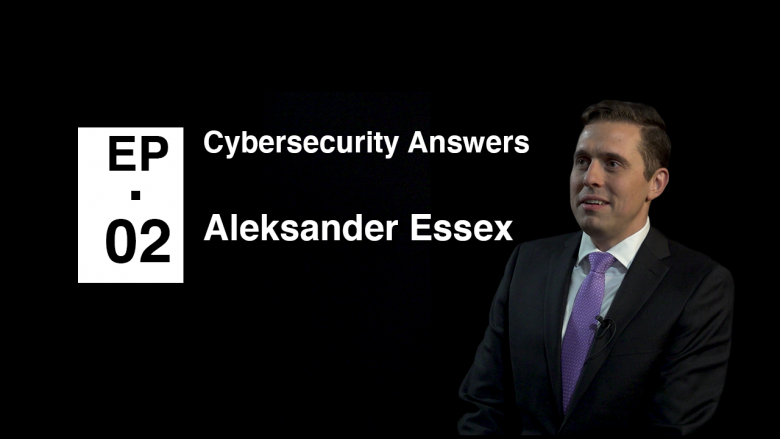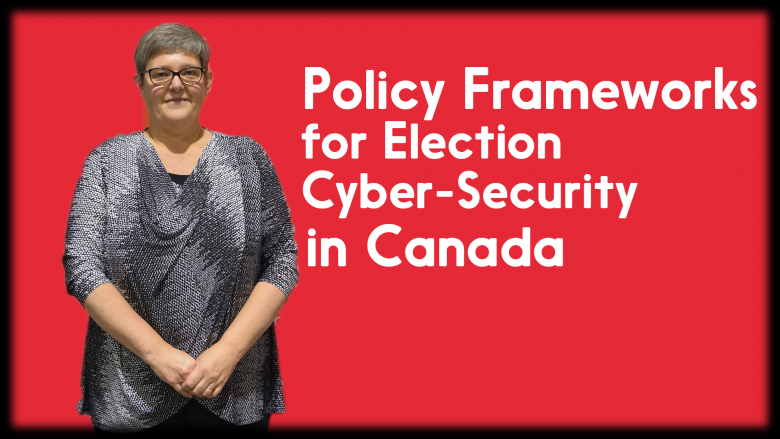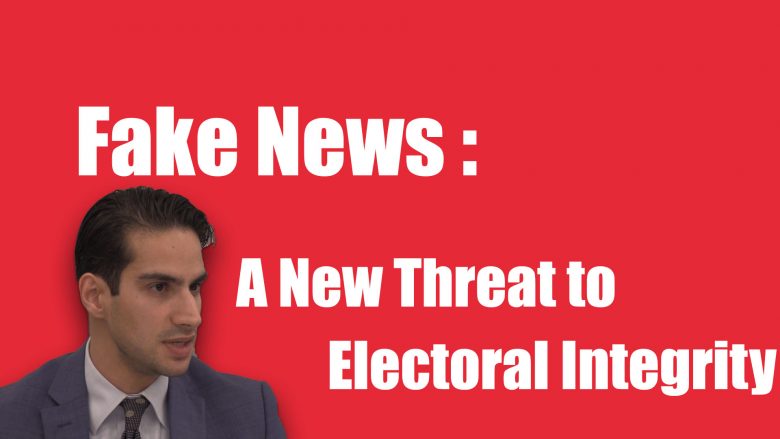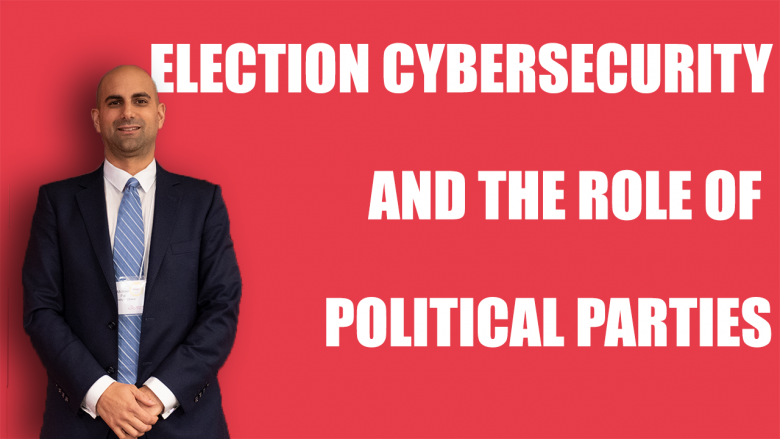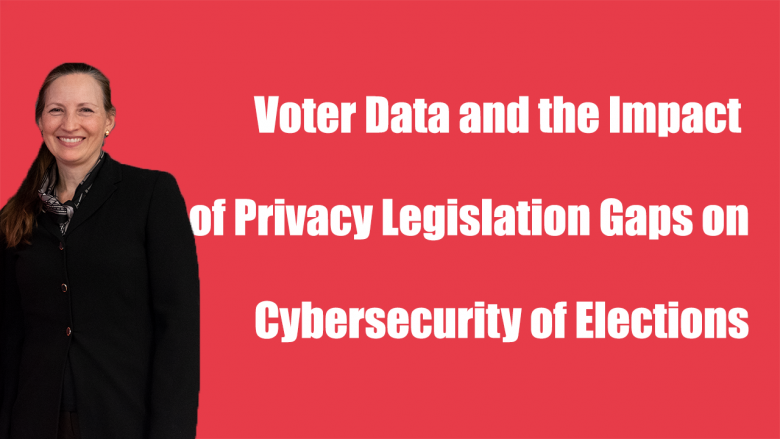We all have questions, but who are the people with the answers for Cybersecurity. In this series, we sat down with academics and experts to ask them about how they got started, what they are researching now, their lessons for us, and the future. In this last episode, Holly An Garnett, Assistant Professor of Political …
We all have questions, but who are the people with the answers for Cybersecurity. In this series we sat down with academics and experts to ask them about how they got started, what they are researching now, their lessons for us and the future. In this video, Holly An Garnett, Assistant Professor of Political Science …
We all have questions, but who are the people with the answers for Cybersecurity. In this series we sat down with academics and experts to ask them about how they got started, what they are researching now, their lessons for us and the future. Watch the last part of our interview with Aleksander Essex!
We all have questions, but who are the people with the answers for Cybersecurity. In this series we sat down with academics and experts to ask them about how they got started, what they are researching now, their lessons for us and the future. In this part 2, Aleksander Essex, Associate professor of software engineering …
Compelling evidence of foreign cyber-interference in the 2016 US Presidential election campaign has prompted a robust policy response in Canada at the federal level. This presentation will review legislative changes, the critical incident contingency plan, and initiatives to promote voters’ resiliency, and offer an early evaluation of their implementation in the 2019 campaign. About the …
Amìr Korhani from the University of Ottawa presented “Fake News: A New Threat to Electoral Integrity” at The DEFENDING DEMOCRACY:CONFRONTING CYBER-THREATS AT HOME AND ABROAD conference on Friday, October 26, 2018 at the Telfer School, University of Ottawa, Canada.
Aleksander Essex from the University of Western Ontario presented “Online Voting in the 2018 Ontario Municipal Election” at The DEFENDING DEMOCRACY:CONFRONTING CYBER-THREATS AT HOME AND ABROAD conference on Friday, October 26, 2018 at the Telfer School, University of Ottawa, Canada. The slides of the presentation are available here.
Political parties are an essential part of electoral democracy. They have also been identified by the intelligence community and academic researchers as a weak point in the cybersecurity of many democracies. The hacking of the Democratic National Committee’s emails is one prominent example of how ineffective cybersecurity by a political party can have far-reaching implications. …
In Canada, there are both legislative gaps and ambiguity around the privacy obligations of political parties with respect to voter data. Despite the highly sensitive nature of political preferences, political parties have been largely exempt from formal obligations to protect personal information. Privacy legislation requires that entities adhere to fair information principles, which require notice …

